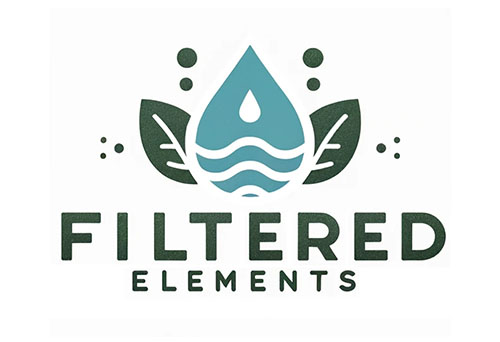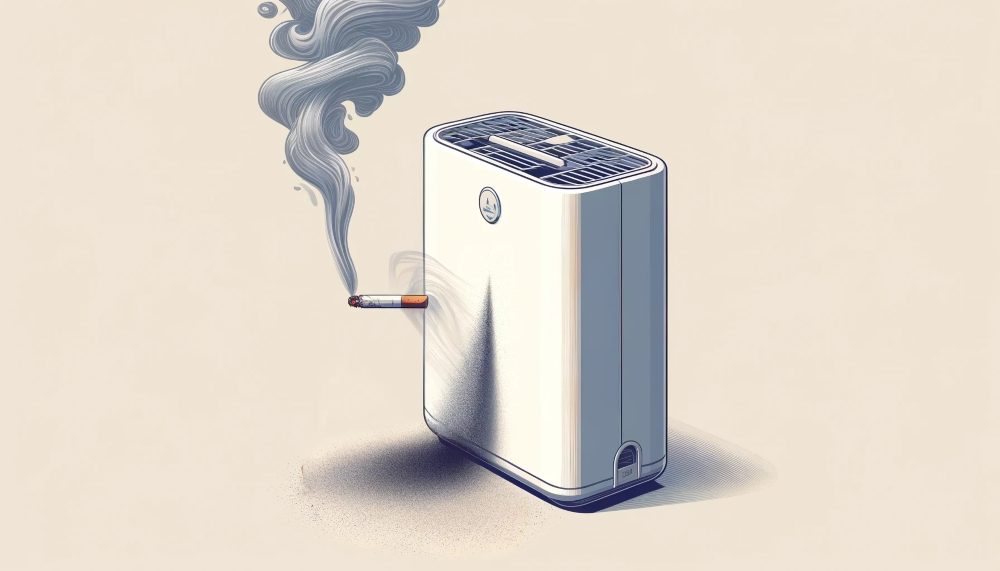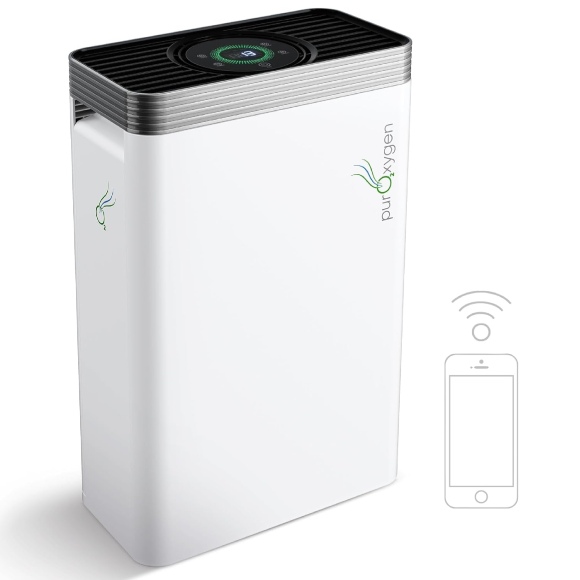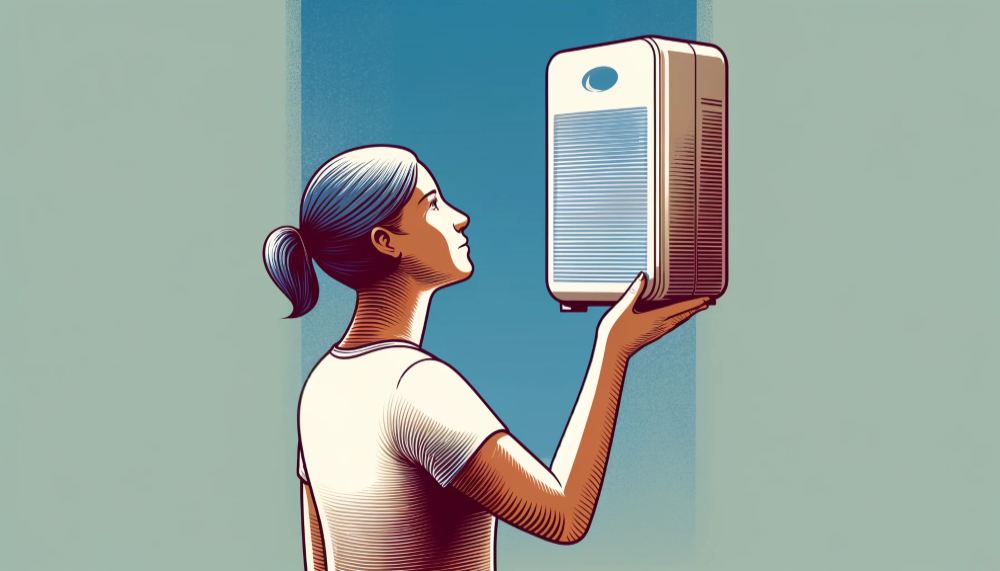Indoor air quality takes a hit when cigarette smoke is in any part of the equation. It’s not just the unpleasant smell; smoke carries a cocktail of chemicals that linger long after the smoke clears. We naturally worry about this stuff because it sticks around on clothes, on furniture, and in your lungs.
Air purifiers are often looked to as a potential solution in this scenario. After all, they are literally vacuum cleaners for your air, designed to suck in the dirty stuff and trap it.
So, the burning question is can air purifiers really help with cigarette smoke and odors? We’re talking about more than just waving away the smoky cloud from last night’s party; it’s about getting the invisible toxins out of the air you breathe every day.
The short answer is yes they can help, they’re not all made the same though; some are better at tackling different types of air quality issues. Air purifiers are not perfect at combatting all aspects of cigarette smoke, but certain ones are highly effective at removing harmful substances from the air.
To help you better understand the effectiveness of air purifers with cigarette smoke, we should look at what is in it, the basics of air purifiers, and how they work to combat all compound in the smoke and odor. This way you will be able find the best one to help with cigarette smoke.
Understanding What’s in Cigarette Smoke

Cigarette smoke isn’t just a stinky nuisance—it’s a complex mixture:
- Particulate Matter: The visible cloud from a cigarette is just part of the problem. The real concern lies in the microscopic particles that can penetrate deep into the lungs and even enter the bloodstream, causing serious health issues over time.
- Gases and VOCs: These include harmful substances like carbon monoxide, which starves the body of oxygen, and formaldehyde, a potent irritant and carcinogen. Both are invisible and odorless, making them especially dangerous as they can linger unnoticed.
- Chemicals and Carcinogens: Cigarette smoke contains some of the most harmful chemicals, such as benzene and nitrosamines. These are known carcinogens linked not only to various cancers but also to a host of other serious diseases.
The health risks of this smoky cocktail range from the immediate to the long-haul. In the short term, it irritates eyes, throats, and can trigger asthma attacks. But it’s the long game that cigarette smoke plays that’s really worrying.
We’re talking serious, chronic diseases—lung cancer, heart disease, and stroke, to name just a few. These are big, life-changing conditions that can take years to show up, all linked back to the smoke that seemed harmless at the time.
See our guide on all the benefits of air purifiers, battling cigarette smoke is one of many!
Basics of Air Purifiers
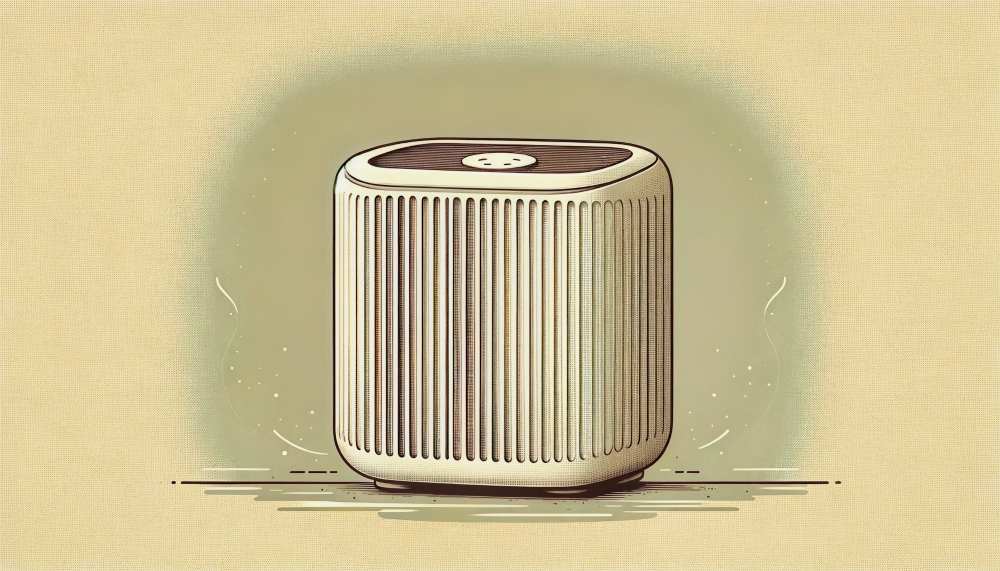
Air purifiers are designed to continually to snatch up pollutants and keep your breathing space clean. Here’s how they pull off this crucial job:
- Filtration Process: Air purifiers draw air in through a series of filters that trap pollutants. As air moves through the purifier, each filter catches different types of contaminants, from large particles like pet hair to microscopic allergens.
- Types of Filters and Their Functions: The primary job of these filters is to tackle specific pollutants. For example, pre-filters catch larger particles to enhance the longevity of other filters, while finer filters deal with smaller, more harmful particles.
To boost their effectiveness, the best air purifiers use various technologies, each with a special role in the battle against indoor air pollution:
- HEPA Filters: These are the gold standard for filtering out particulate matter. True HEPA filters can trap 99.97% of particles as small as 0.3 microns, including dust, pollen, and smoke particles.
- Activated Carbon Filters: While HEPA filters are great for particles, activated carbon filters excel at removing gases and odors. They use a process called adsorption, where gas molecules stick to the surface of activated carbon.
- UV Light: This technology uses ultraviolet light to kill bacteria and viruses as they pass through the air purifier. It’s a germicidal approach that adds an extra layer of protection against biological contaminants.
- Ionizers: Ionizers work by charging air molecules with negative ions, causing pollutants to stick together and either fall to the ground or be easier to filter. Ozone generators, on the other hand, release ozone into the air which reacts with certain chemicals and alters their structure. However, due to safety concerns about ozone, this technology should be used cautiously.
How Air Purifiers Help With Cigarette Smoke
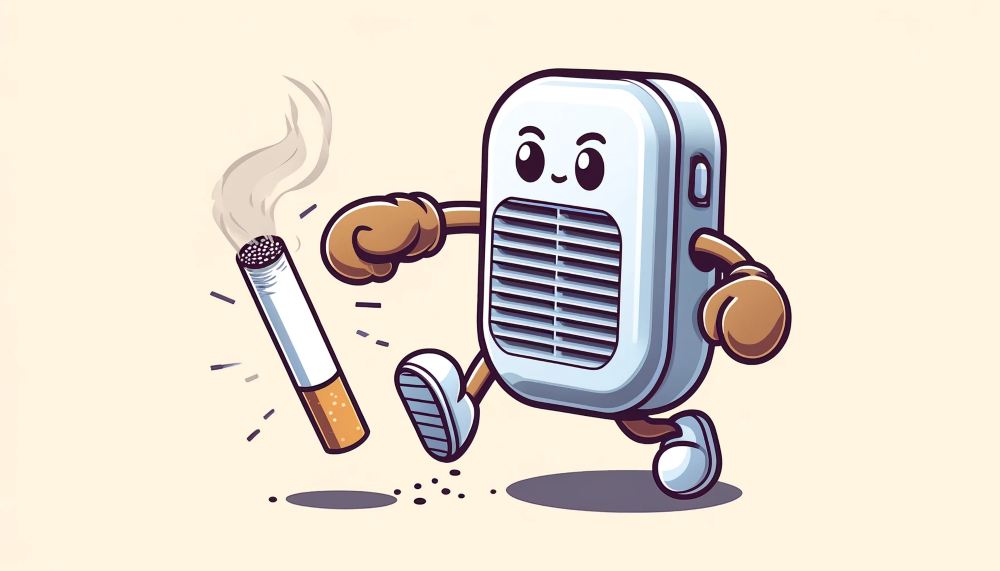
Particulates and HEPA Filtration: HEPA filters are a powerhouse against particles. When it comes to cigarette smoke, they’re especially good at trapping the ash and tar particles that make up the visible smoke. These filters can catch particles down to 0.3 microns in size, which helps significantly improve indoor air quality.
Gases, Odors, and Activated Carbon Filtration: Activated carbon filters come into play for the stuff HEPA can’t handle—gases and odors. These filters are made from special carbon that’s treated to open up millions of tiny pores between carbon atoms, which adsorb harmful gases and unpleasant odors from cigarette smoke. This includes some of the VOCs and other toxic chemicals released when a cigarette is burned.
Limitations of Air Purifiers in Removing Cigarette Smoke
Air purfiers are not 100% effective in removing cigarette smoke and odor. Even the highest quality air purifiers can’t completely eliminate the smell of cigarette smoke as it if someone can penetrate walls, furniture, and carpets.
There are some things you should keep in mind when using an air purifier for cigarette smoke:
- Incomplete Removal of Gases: Even with the best carbon filters, air purifiers can struggle to capture all the gases and VOCs associated with cigarette smoke. Some compounds are simply too small or too volatile to be caught and can remain in the air despite filtration.
- The Need for Regular Maintenance and Filter Replacement: Filters, especially HEPA and activated carbon, need to be replaced regularly to maintain their effectiveness. Over time, filters can become saturated with pollutants, reducing their efficiency and potentially releasing trapped particles and gases back into the air if not changed out. Regular checks and maintenance are essential to ensure your air purifier continues to function at its best against cigarette smoke.
- Filters May Need to Be Replaced More Often: For homes with active indoor smokers, air filters face a heavier workload and will become saturated quicker than normal. This means that filters, particularly HEPA and activated carbon,need to be replaced more frequently than the manufacturer’s standard recommendations.
How to Choose the Right Air Purifier For Cigarette Smoke
Here are a few examples of high-quality air purifiers that will be highly effective in helping with cigarette smoke as they have true HEPA filters, activated carbon filters, and high smoke CADR:
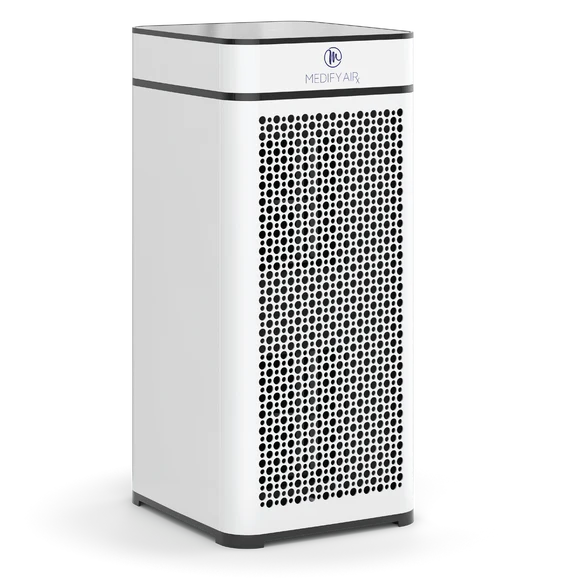
- True HEPA 13 Filter
- Activated Carbon Filter
- Smoke CADR: 239 CFM
- Room Coverage (hr): 1793 sq ft
- Lifetime Warranty
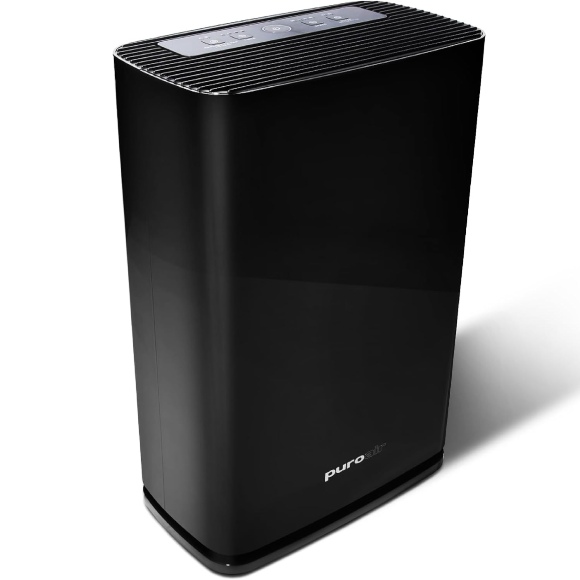
- True HEPA 14 Filter
- Activated Carbon Filter
- Smoke CADR: 260 CFM
- Room Coverage (hr): 2145 sq ft
- Two Year Warranty
This is what you want to look for to find the best air purifier for cigarette smoke, based on your needs:
- High Clean Air Delivery Rate (CADR) for Smoke: The CADR rating indicates how well an air purifier can remove particles from the air. Air purifiers also will have a CADR rating for smoke specifically. A higher CADR rating for smoke means more effective removal of smoke particles, making it a critical feature to check when dealing with cigarette smoke.
- Quality and Type of Filters: Look for air purifiers equipped with true HEPA filters for particulate removal and robust activated carbon filters for gases and odors. The combination of these filters is essential for effectively reducing both the particulate and gaseous components of cigarette smoke.
- Room Size Compatibility: Ensure the air purifier is rated for the size of the room where it will be used. An underpowered purifier won’t effectively clean the air in a large room. It can be good to get a purifier that covers a little more space than you need, especially if the air quality is super low.
Other Helpful Features To Consider For Cigarette Smoke
Filter Replacement Costs: Be mindful of the ongoing costs of replacing filters. HEPA and activated carbon filters can vary in price, and frequent replacements can add up. Checking the cost and average lifespan of filters of a brand before purchasing can help manage your budget effectively. This is important with smoke as they will need to be changed more often.
Smart Features: Modern air purifiers may come with smart features such as air quality sensors and Wi-Fi connectivity, allowing you to monitor and control air quality remotely and adjust settings based on real-time data. This can help you have some peace of mind, as you can see the air purifier working.
For more help finding a great quality air purifier, see our guide, 10 Must Have Air Purifer Features.
Final Thoughts
Choosing the right air purifier to tackle cigarette smoke means focusing on three key features: high smoke CADR, effective filters, and suitable room size compatibility. Go for air purifiers with a strong CADR rating for smoke to ensure they can clear out smoke particles efficiently. Make sure the unit has true HEPA filters for particles and activated carbon filters for gases and odors.
Also, check that the purifier is rated for the size of your room. An properly sized purifier is crucial for effective air cleaning. Remember, maintaining your air purifier by regularly replacing filters will keep it working well, helping to keep your air clean and healthy.
